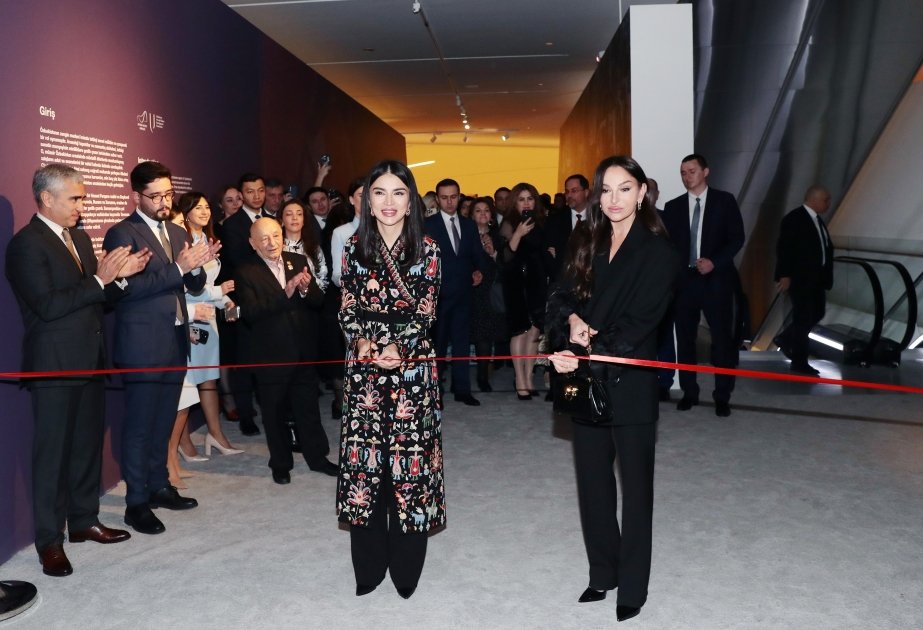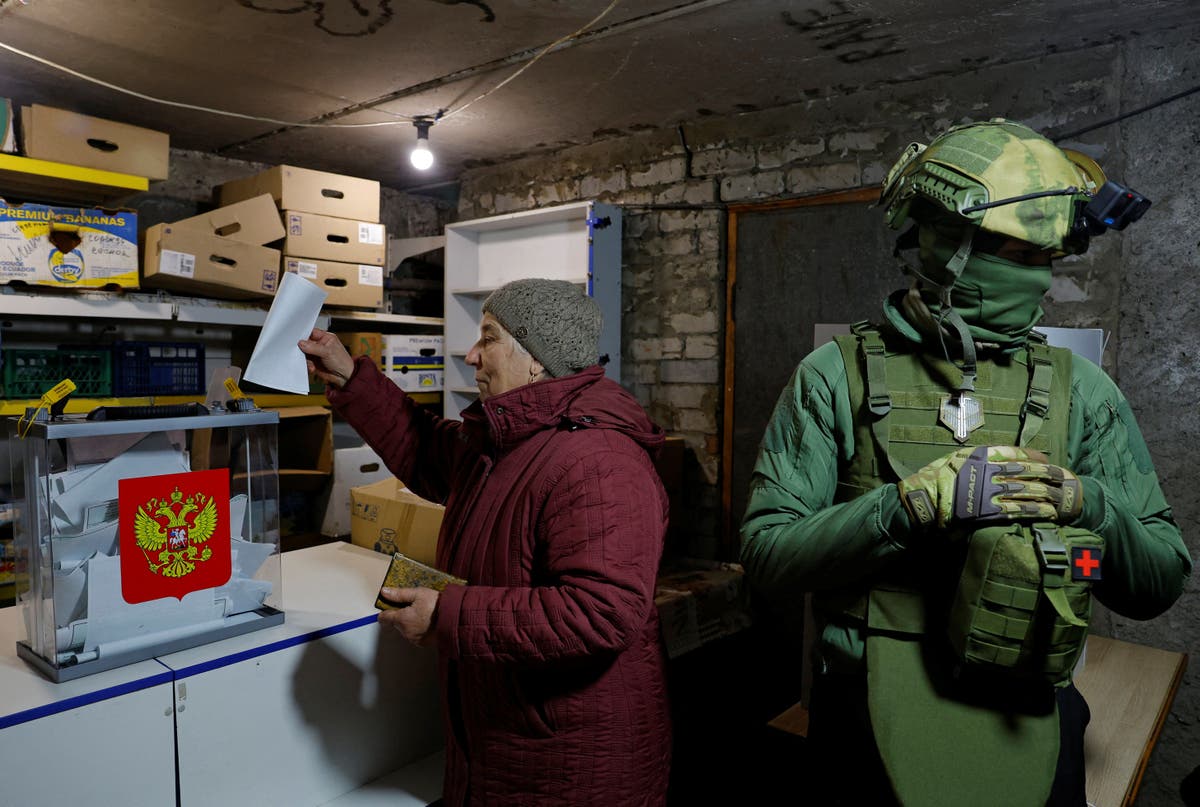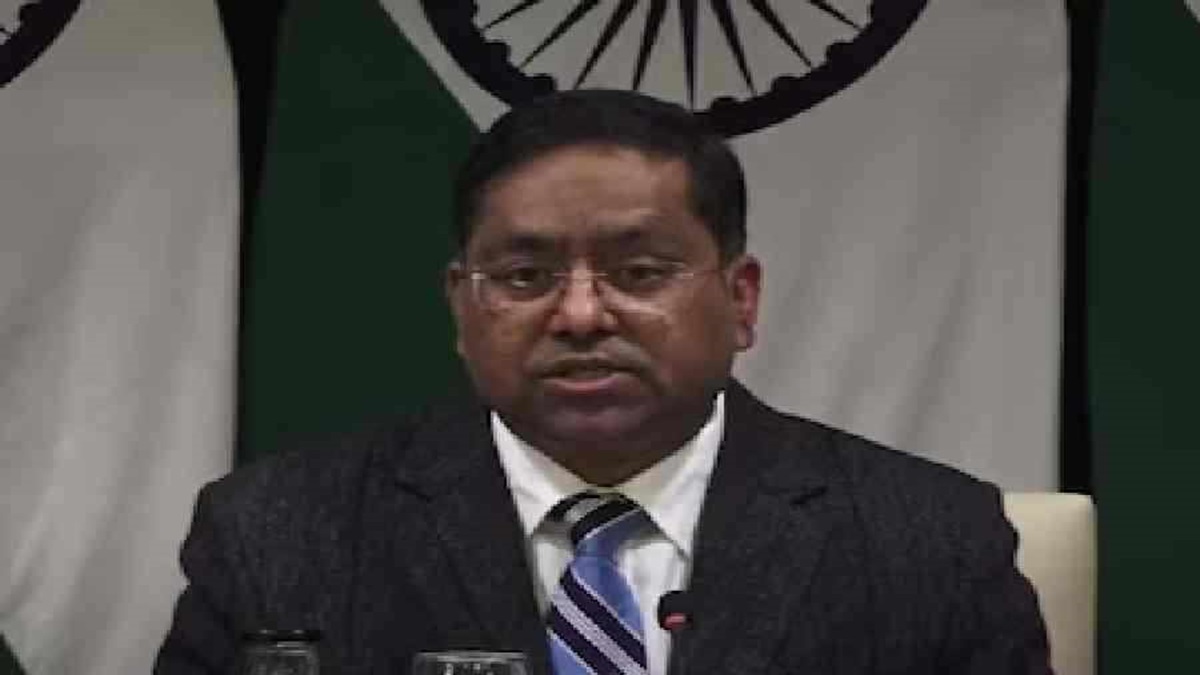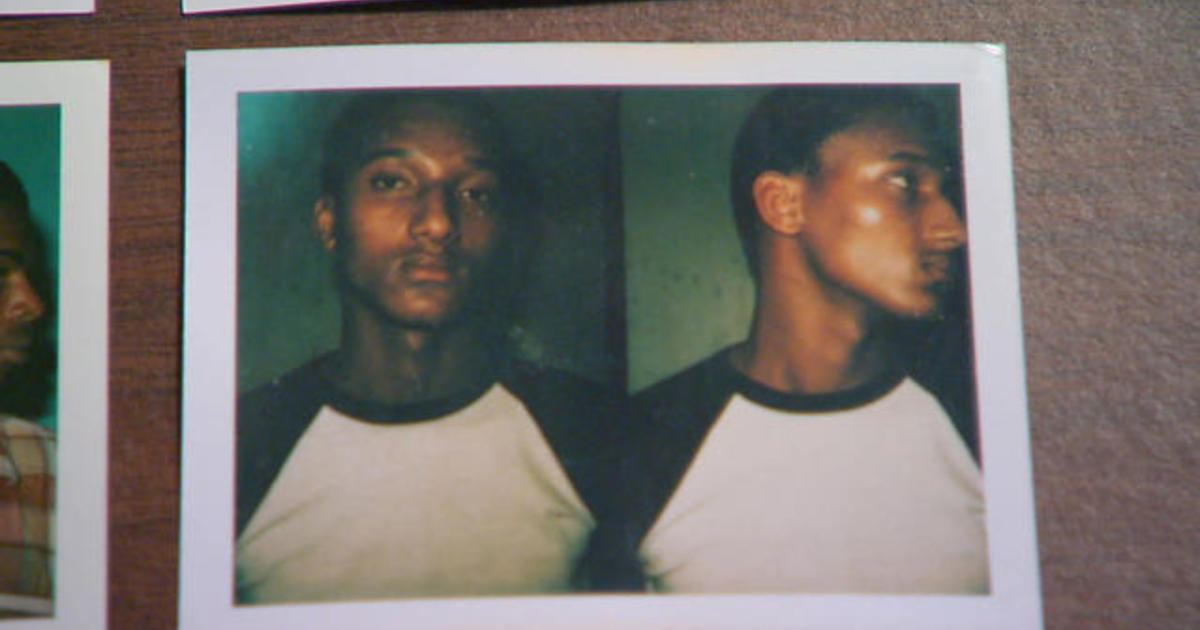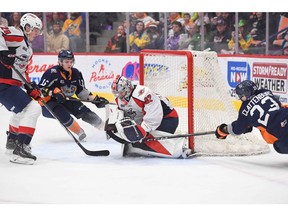Lawrence L. Langer, a literary scholar whose unblinking evaluation of the Holocaust as an occasion so huge and evil that it defies ethical framing helped deepen scholarly and widespread understanding of the atrocity, died on Monday at his residence in Wellesley, Mass. He was 94.
His son, Andrew Langowitz, stated the trigger was rectal most cancers.
Throughout some 15 books and monographs, Dr. Langer insisted on a searing interpretation of the Holocaust as an ethical black gap from which not even which means can escape. He rejected phrases like “survivor,” “hero,” “martyr” and “tragedy” when utilized to the Holocaust as a result of, he stated, they hinted at the opportunity of a redemptive silver lining.
“Within the a long time after the battle, there was strain to make the Holocaust match an ethical framework,” Ruth Franklin, a biographer and literary critic, stated in a cellphone interview. “What he emphasised was that there have been no morals to be discovered.”
Dr. Langer agreed with writers, lots of them Holocaust victims, together with Primo Levi, Paul Celan and Tadeusz Borowski, who resisted straightforward explanations for his or her expertise. To them, and him, survival was not a matter of will however of brute probability and a sequence of not possible selections that would not match inside typical morality.
“Life within the Holocaust was an accident,” he stated within the documentary “Lawrence L. Langer: A Life in Testimony” (2022), by Joshua Greene.
Purpose, humanism and Enlightenment values had no perform within the focus camps, he argued. As a substitute, he discovered himself devising new phrases to assist interpret it — the “choiceless selection,” “afterdeath,” “inappropriate guilt.”
“Conventional language is just not going to be ample to confront this expertise we name the Holocaust,” he stated within the documentary.
Dr. Langer was in flip vital of anybody who tried to discover a ethical within the Holocaust: philosophers, Hollywood melodramas, even Anne Frank. She got here up brief, he argued, together with her declare, on the finish of her diary, that “finally I nonetheless consider that individuals are actually good at coronary heart.”
All of this, he stated, muddied the terrible reality on the heart of the story.
“There’s nothing dignified in standing by whereas 10 members of your loved ones are killed, and there’s nothing triumphant about staying alive once you’re powerless to assist the folks you like to remain alive,” he informed The New York Occasions in 1995.
Dr. Langer’s early work was on the literature of the Holocaust, however within the late Seventies he shifted his focus to oral testimonies from its victims.
In 1978, Geoffrey H. Hartman, a literary scholar at Yale, invited Dr. Langer to work on the Fortunoff Video Archive, a brand new program wherein Holocaust students spent hours interviewing victims. Dr. Langer would in the end interview greater than a thousand, with some interviews operating as much as 16 hours.
He drew on about 300 of these conversations to put in writing “Holocaust Testimonies: The Ruins of Reminiscence” (1991), which gained the Nationwide E book Critics Circle Award for criticism and which The Occasions listed as certainly one of its 10 finest books of the yr.
Dr. Langer’s affect could possibly be felt acutely within the Eighties and ’90s, because the Holocaust seeped additional into widespread tradition. Steven Spielberg’s Oscar-winning movie “Schindler’s Checklist” appeared in 1993, the identical yr that the U.S. Holocaust Memorial Museum opened on the Nationwide Mall.
At one level the specialists charged with designing the museum had been attempting to resolve tips on how to mark the tip of the customer expertise. One board member steered ending with one thing uplifting, like Anne Frank’s well-known citation.
“I stated if we did that, Larry Langer will rip us aside,” Michael Berenbaum, who served as venture director for the museum’s growth, stated in a cellphone interview. “And worse, he’d be proper.”
As a substitute, impressed by Dr. Langer, the museum expertise ends with a movie of survivor testimonies.
Lawrence Lee Langer was born on June 20, 1929, within the Bronx, the son of Esther (Strauss) and Irving Langer, a clerk at Ellis Island.
He graduated from the Metropolis Faculty of New York in 1951 with a level in English, and obtained his doctorate in American literature from Harvard in 1961. He arrived at Simmons Faculty in Boston as an assistant professor in 1958 and stayed till he retired in 1992.
He married Sondra Weinstein in 1951. Together with their son, Andrew, she survives him, as do their daughter, Ellen Lasri, 5 grandchildren and three great-grandchildren.
Dr. Langer initially labored on decidedly non-Holocaust-related matters, just like the novels of Henry James. He didn’t encounter the topic of his life’s work till 1964, when, on a Fulbright grant to show on the College of Graz, in Austria, he visited the location of the Mauthausen focus camp within the nation’s north.
He discovered himself the one customer that day, and he wandered its grounds and buildings in terrified awe.
“I sat on the ground, coated my eyes and tried to reconstruct what it will need to have felt prefer to be within the fuel chamber,” he stated within the documentary. He shortly realized that imagining the expertise of these within the camps was an not possible activity — but in addition one which was price pursuing for the remainder of his profession.
Returning to Simmons, he created what’s believed to be the nation’s first tutorial course on literature and the Holocaust. He additionally set to work on his first e-book, “The Holocaust and the Literary Creativeness,” the majority of which he wrote in 1968 and ’69 whereas on sabbatical in Germany.
It took him 5 years to get it printed. He later stated that tutorial presses appeared to not know what to do with a e-book that used fiction to attempt to perceive a historic occasion. Yale’s press ultimately took it, and it appeared in 1976. It was a finalist for the Nationwide E book Award that yr and is right this moment thought of a founding textual content within the discipline of Holocaust research.
As he branched out into oral histories, Dr. Langer additionally took up the issue of artwork and the Holocaust. “How do you write a poem about Auschwitz?” he usually requested himself, and others round him.
He discovered one reply within the work of Samuel Bak, a painter and Holocaust survivor whose work attracts on artists like Salvador Dalí and Hieronymus Bosch in an try to convey the atrocity’s evil vacancy. Dr. Langer wrote a half dozen monographs about Mr. Bak’s work, together with, most just lately, “An Unimaginable Partnership: The Artwork of Samuel Bak and the Writings of Lawrence L. Langer” (2022).
“All Holocaust artwork,” he wrote in his e-book “Preempting the Holocaust” (1998), “is constructed on a mountain of corpses, in order that it could actually by no means be an act of celebration.”


